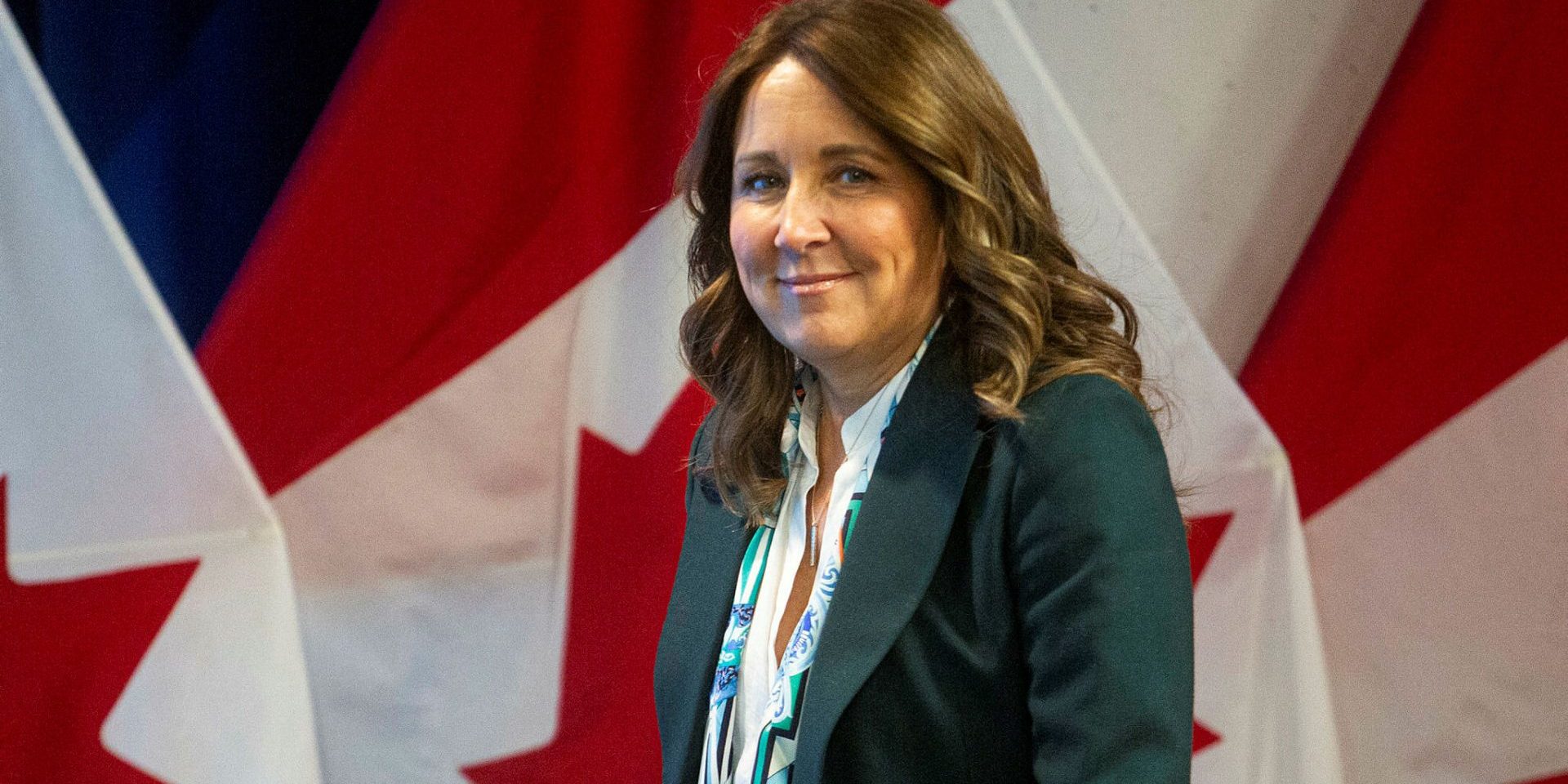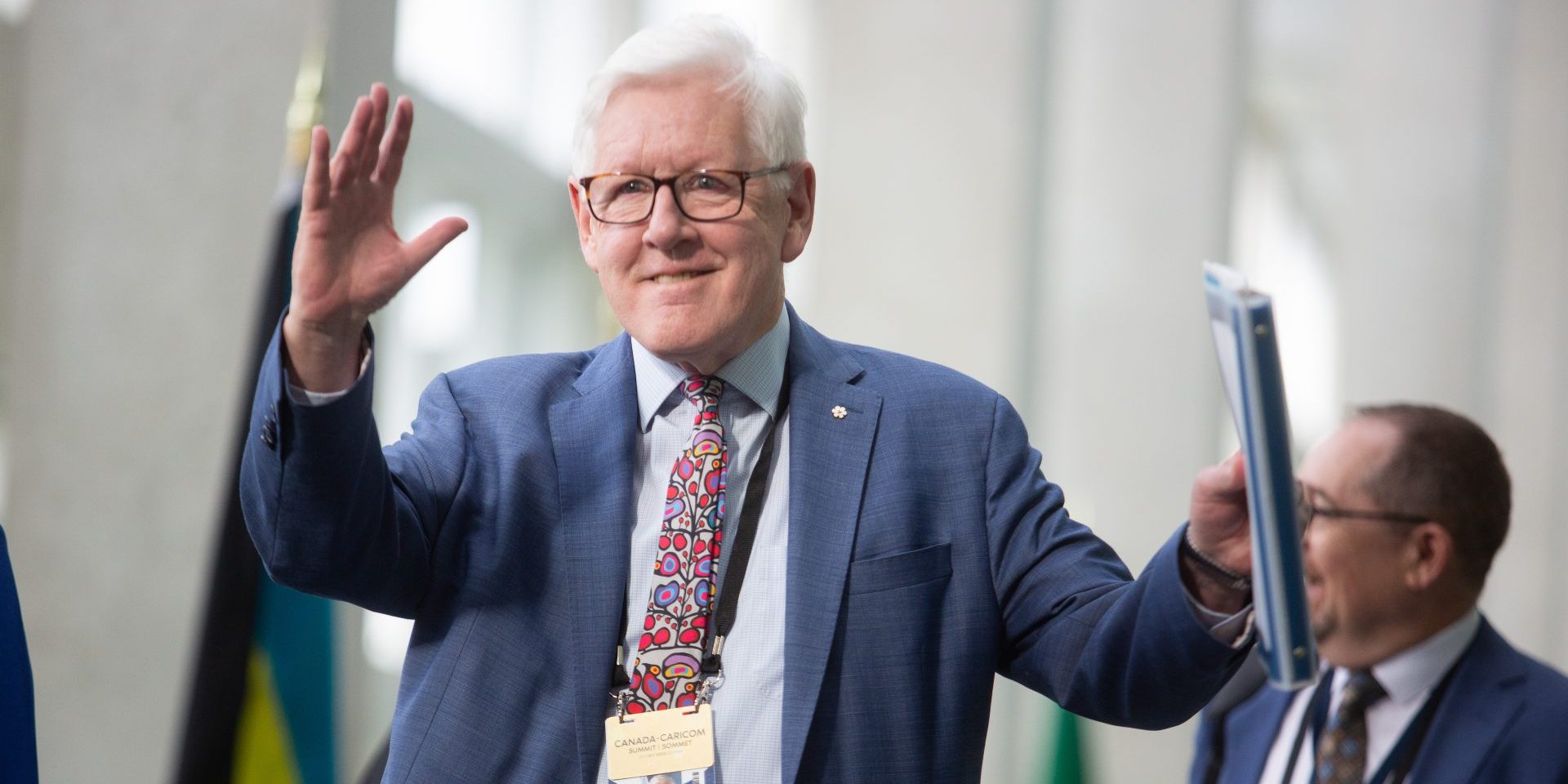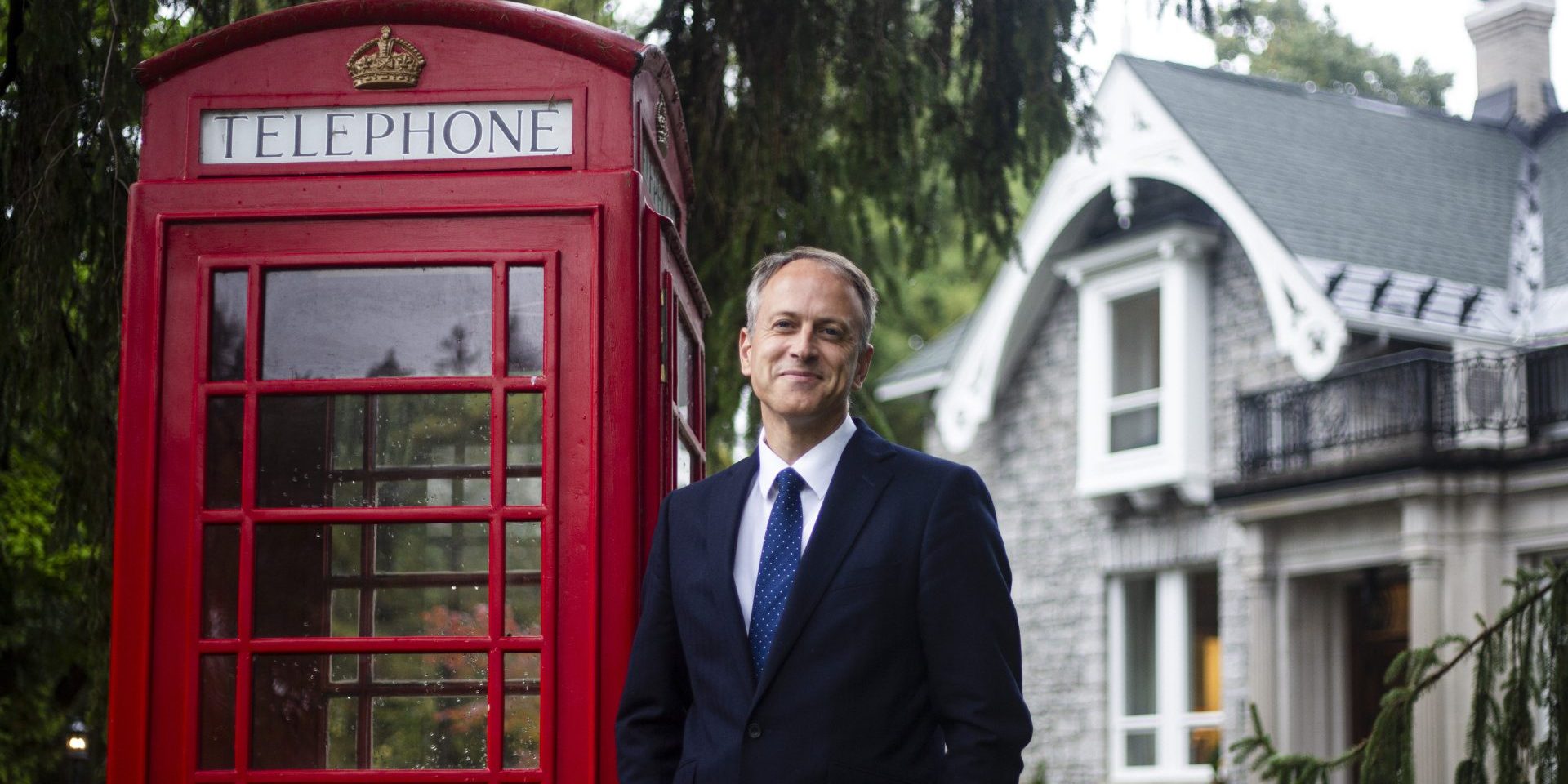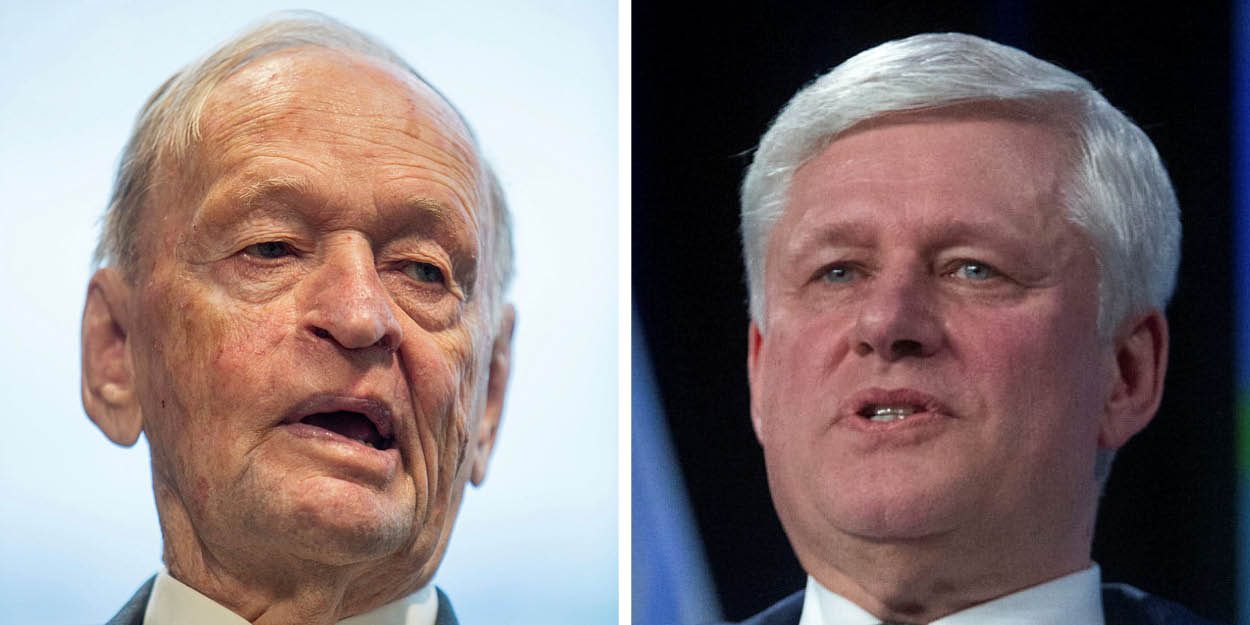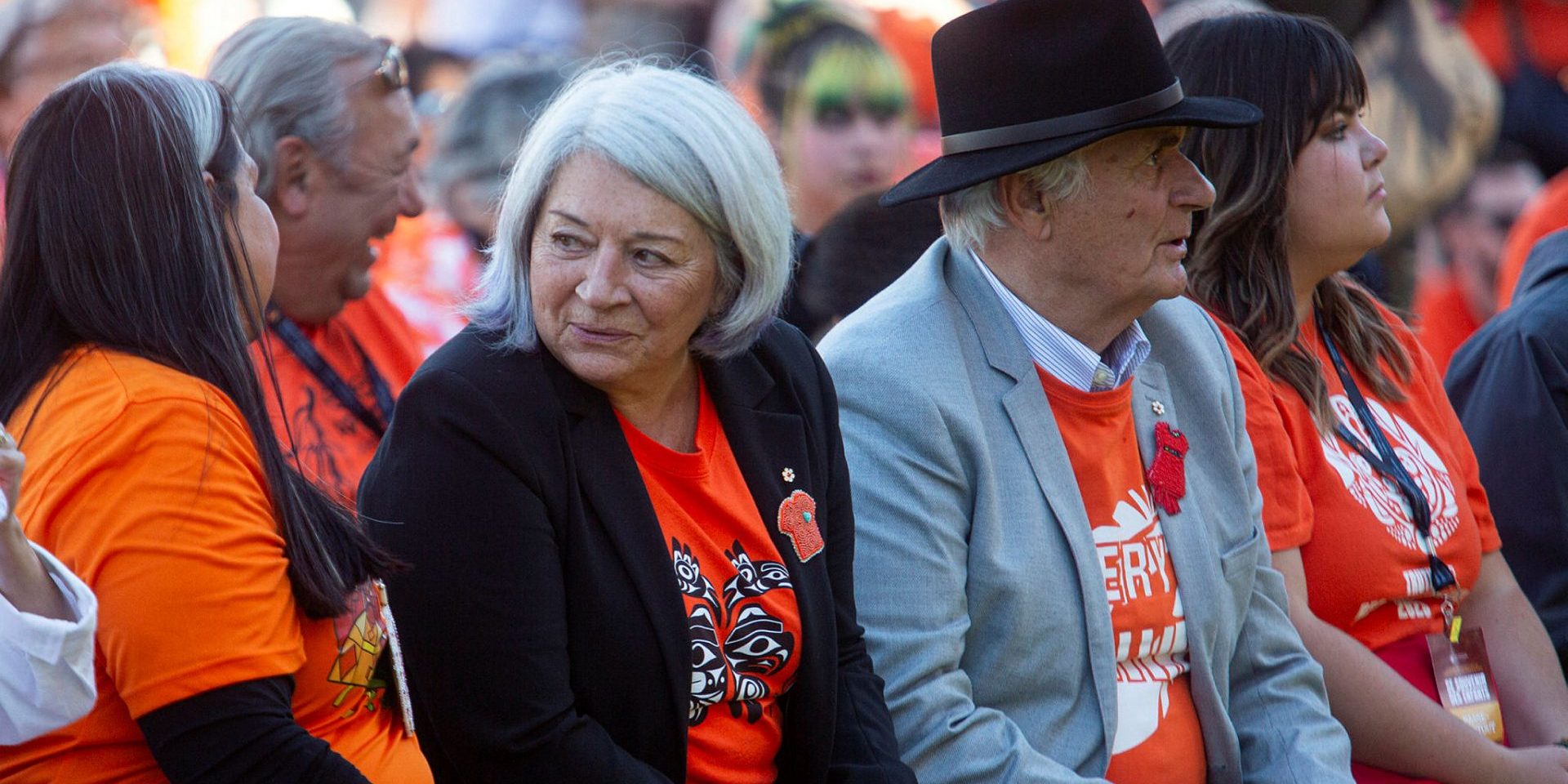Books, Big Ideas, Q&As
Pope Francis was one of the most ‘electrifying papacies in centuries,’ says author of book on pontiff’s life and influences
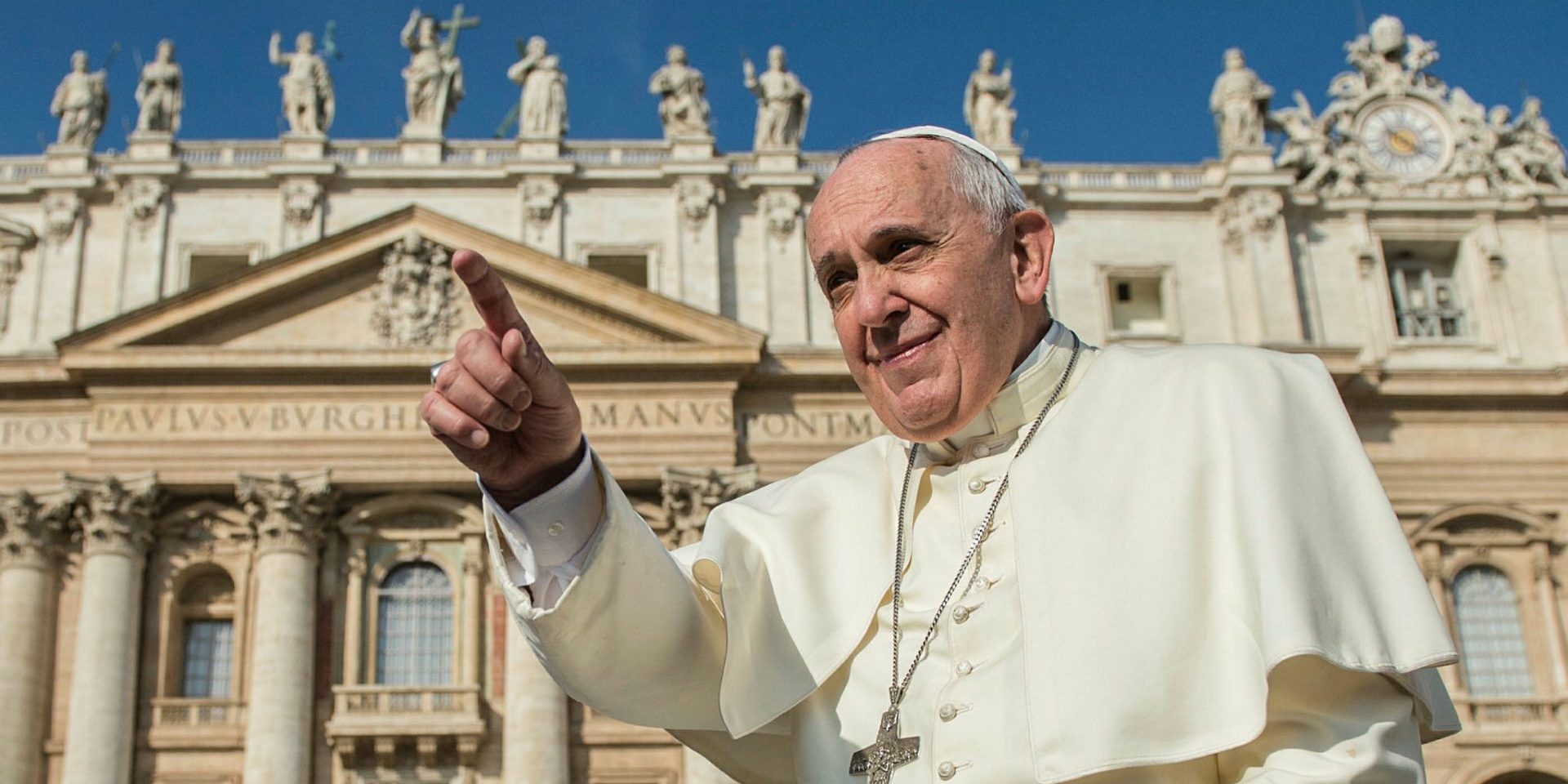
Pope Francis biographer Michael W. Higgins says the pontiff’s death last week marked the departure of someone who “humanized the papacy.”
Higgins is the author of The Jesuit Disruptor: A Personal Portrait of Pope Francis, which examines the Catholic leader’s agenda to reform the church.
The president and vice-chancellor emeritus of St. Jerome’s University at the University of Waterloo, who writes on Vatican affairs for The Globe and Mail, uses his understanding of the Jesuit order to provide insights on the traditions that guided Francis through his determination to ensure the Catholic faith remains relevant in the 21st century.
While it was written and published prior to Francis’ death on April 21, Higgins nevertheless accurately describes the situation in which the world’s media finds itself ahead of the papal conclave: “the protocols around election, the rites and ceremonies associated with the passing of one pope and the arrival of his successor dominate our screens for days (weeks if the election is a particularly contentious one) … the personalities of those who elect the next pope are the subject of popular press profiles and seasoned critical analyses by professional commentators, becoming in the process that most strange of media concoctions: cardinal celebrities.”
The following Q&A, conducted over email, has been edited for length and clarity.
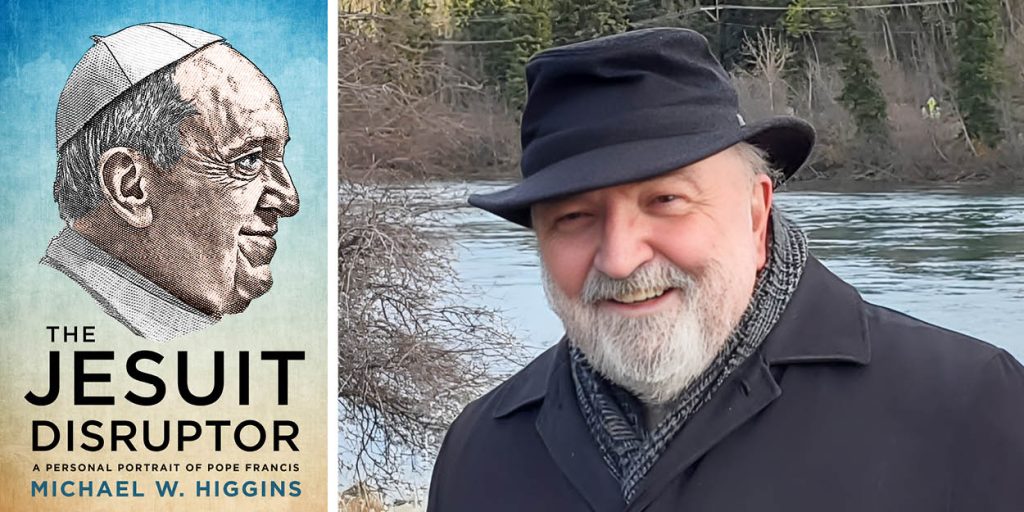
Why did you want to write this book? “Initially I was approached by the publisher and owner to write a book on any topic, but they wondered if I would opt for something like the ‘spiritual but not religious’ ethos. I declined, but said a portrait of Jorge Mario Bergoglio or Pope Francis has a lot of appeal for me. I had co-authored a book on the Jesuits, and wrote and narrated a CBC series called The Jesuit Mystique. And Francis was the first Jesuit Pope.”
How long did it take you to write it and what were your sources? “My sources were many: taped interviews, extensive Jesuit and papal bibliographies, and my own previous writings both scholarly and general interest. The book project took four years.”
What was Pope Francis’ relationship like with Canada? “Through cardinals he created, like fellow Jesuit Michael Czerny, and cardinals he worked with in the Vatican bureaucracy, like Marc Ouellet, his experience of Canada was warm, but I suspect more superficial than substantive. At least in terms of first impressions. He knew some of Bernard Lonergan’s work—the great Canadian Jesuit thinker—and was not unfamiliar with Canadian Jesuit scholars and consultants working in Rome, but I don’t think Canada loomed large on his horizon, unlike the other two countries that make up North America.”
What made him stand out and, following his death, what do you think some of his greatest legacies will be? “He humanized the papacy, jettisoned much of the silly and encrusted protocols and habits that made the Vatican a kingdom of princelings, and attached priority to the pastoral over the cerebral, people over concepts, in the exercise of his ministry as the Successor of Peter. Although previous popes had addressed the climate change crisis, Francis’ encyclical Laudato Si mustered the best of scientific scholarship and the richness of the Christian tradition to produce an eloquent call to protect our common home. A masterpiece.”
What did you think of his official apology to Canada’s Indigenous Peoples? “The genius of Francis’ ‘penitential pilgrimage’ was less in what he said and more in how he acted: attentive and reverent listening, pained empathy, imaginative co-sympathy, legitimate remorse, authentic contrition. He didn’t shy away from the controversies, although many would have preferred he did, still he also nuanced church complicity by calling out some abusive and renegade Catholics, but in the process leaving the universal church untainted. Inadequate for sure, but he had a delicate and fraught choreography to manage.”
What are your thoughts on the expected top contenders to succeed Pope Francis? “There is an old saying that ‘he who enters the conclave a pope exits a cardinal.’ In other words, anyone who places ambition above humility and appears to be seeking the position is disqualified. Although there are always front runners, the dark horse is not an unknown papal reality. Multiple aspects are considered and ranked: spiritual depth; leadership abilities; unblemished performance record; esteem by peers; orthodox conformity but not necessarily rigidity; gifts of a polyglot; and other considerations as well including continental and age issues. I think [Jean-Claude] Hollerich of Luxembourg, [Mario] Grech of Malta, [Joseph W.] Tobin of the United States, [Luis Antonio] Tagle of the Philippines, [Peter] Turkson of Ghana, [Pietro] Parolin and [Matteo] Zuppi of Italy are the papabili to watch.”
How important is the pope in today’s world? “I think Prime Minister Mark Carney is right when he identifies Francis as the moral conscience of the world, especially given our current geopolitical turbulence(s). He embodied the higher values we often lose sight of: our shared humanity; socio and economic equity (a free market with a human face); labour with dignity; care of migrants; a culture of peace. We need more of his like on the global stage.”
Did you see the film Conclave, and how realistic is it (spoiler warning)? “Conclave was quite realistic on several fronts: titles and vesture, forms of ecclesiastical address (Your Grace, Excellency, Eminence), quarters like the Casa Santa Marta and the Sistine Chapel, the modus operandi of conclave rules, etc., all achieved verisimilitude. On the matter of the Archbishop of Kabul, a cardinal in pectore, with a distinctly unconventional sexual constitution, being elected pope is not only improbable, it is impossible. Nice twist though at the end and Fiennes, who comes by his own Catholic cultural credentials honestly with an eminent Cambridge theologian (Nicholas Lash) and a quirky Benedictine monk (Sebastian Moore) as part of his family makeup, is the dramatic highlight of the film with a performance reminiscent of Richard Burton’s doomed Archbishop of Canterbury in Becket.”
Why is this book important and who should read it? “The book provides background and context for understanding one of the electrifying papacies in centuries, irrespective of your view of the triumphs and failures of the Francis pontificate. It also highlights why in an age that often prides itself on its secularism the death and election of a pope become a global phenomenon holding billions captive by its pageantry and perduring relevance.”
The Jesuit Disruptor: A Personal Portrait of Pope Francis, by Michael W. Higgins, House of Anansi Press, 344 pp., $26.99.
The Hill Times





 LICENSING
LICENSING PODCAST
PODCAST ALERTS
ALERTS